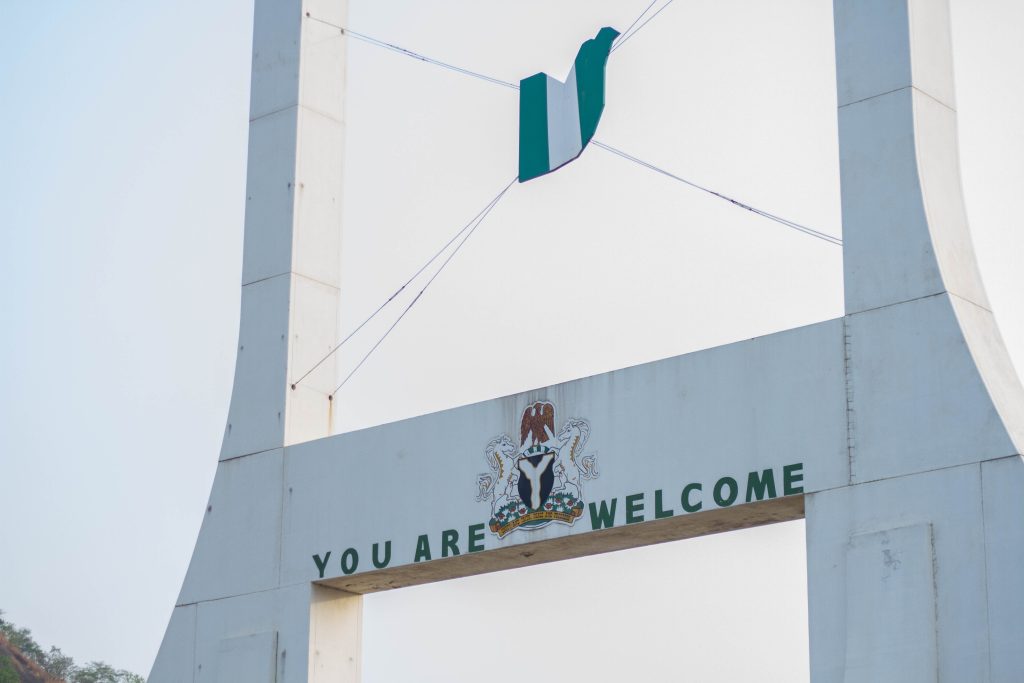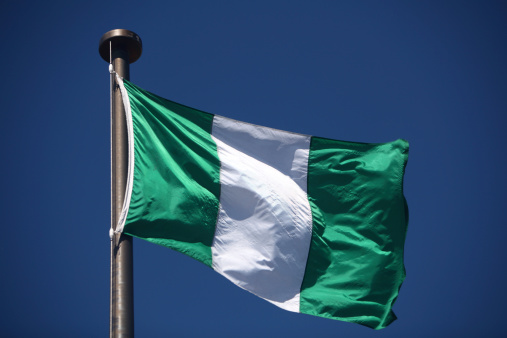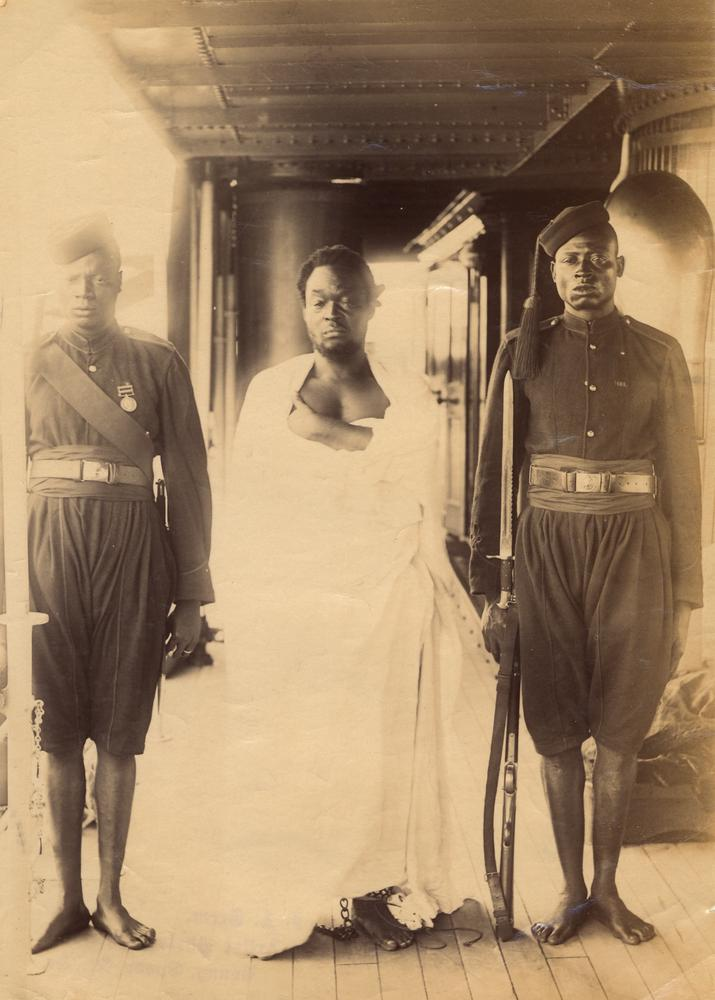Nigeria at 63: True History on The Fight For Nigeria Independence

Congratulations Nigerians, we’re all celebrating sixty three (63) years of being an independent nation. Let us take a trip down the lane of history. Afterall, how can Nigeria move forward if we don’t know about our past?
There’s no better day to remember our fight for independence. Let us begin with a definition of the word “independent”. Independent according to the dictionary means freedom from the control, influence, support, aid, or the like, of others. We have our forefathers to thank not just for our celebration today, but our freedom from external influence and domination.

How Our Forefathers Warred Against the Colonialists
According to history, the fight for independence did not begin with the Nationalists. After slave trade was abolished, legitimate trade of raw materials and palm oil began between the regions and foreigners. The Royal Niger Company signed treaties with local leaders which granted it broad sovereign powers. The local leaders were however unaware of the terms of these treaties. From their perspective, the British were granted only extraterritorial rights that did not prevent similar arrangements with the Germans and the French and certainly did not surrender sovereignty. One 1885 treaty read:
“We, the undersigned King and Chiefs […] with the view to the bettering of the condition of our country and people, do this day cede to the National Africa Company (Limited), their heirs and assigns, forever, the whole of our territory […] We also give the said National African Company (Limited) full power to settle all native disputes arising from any cause whatever, and we pledge ourselves not to enter into any war with other tribes without the sanction of the said National Africa Company (Limited).
We also understand that the said National African Company (limited) has full power to mine, farm, and build in any portion of our territory. We bind ourselves not to have any intercourse with any strangers or foreigners except through the said national African Company (Limited), and we give the said National African Company (Limited) full power to exclude all other strangers and foreigners from their territory at their discretion.
In consideration of the foregoing, the said National African Company (Limited) bind themselves not to interfere with any of the native laws or customs of the country, consistently with the maintenance of order and good government … [and] agree to pay native owners of land a reasonable amount for any portion they may require.
The said National African Company (Limited) bind themselves to protect the said King and Chiefs from the attacks of any neighbouring tribes.”

Kings Who Resisted British Rule During The Nigeria Independence Era
King Pepple of Bonny
King Pepple of Bonny, otherwise known as George Oruigbiji Pepple, Perekule VII, so much valued his autonomy and sovereignty that he did not want British interference of any sort. He was ready to resist any encroachment by any group or authority. He accused the British of violating the terms of the Anti slave treaty of 1839 and 1841 in which the British authority promised to pay compensation. Consequently, he organized anti-British activities that stopped trade with the merchants. This actually undermined the British commercial interests. He also attacked the Amakiri of Kalabari in 1853 and this brought trading in the oil River to a standstill. This prompted the British supercargoes at Bonny to invite John BeeCroft to come to their assistance. As a result of this, BeeCroft presided over a meeting of Court of Equity. In 1854, king Pepple was deported to Fenando Po. Although he was allowed to return in 1861, he remained a puppet until his death in 1866.
King Jaja of Opobo
We all know the famed King Jaja of Opobo who refused to bow to British rule. A man of honor who trusted the word of the British officer and went on a voyage that led to his death. Before the coming of the British in Opobo, King Jaja had grown to be regarded as one of the richest African businessmen in the oil Rivers. He was so determined to protect his kingdom and sovereignty to the extent that he refused to sign a treaty of protection, demanding to know the meaning of the word “protection”.
Jaja’s difficulty in the wheel of the British colonization ambition, the then British Acting Consul Harry Johnston leveled serious accusations on Jaja. Harry Johnston employed character assassination, perfidy and treachery. Jaja was accused of making moves to sale his country to the French and of terrorizing the natives of the hinterland. His refusal to cooperate with the British led to his eventual death.
Oba Ovaranmwen of Benin
Oba Ovonramwem the 36th Oba of Benin was on the throne when the British were getting kingdoms across the West African coast and along the Benin River to sign over their sovereignty to the Queen of England.
The Oba, being prudent, refused to sign any documents he could not read. Not only was there a treaty between the absent queen and the local kings and chiefs on behalf of their people, they also had to sign one with the Royal Niger Company. King Ovonramwen the Great smelt a rat and did not cooperate.
As we now know they were being duped into surrendering all powers to rule themselves and to control trade in their kingdom. In many cases, George Goldie of the Royal Niger Company made up signed treaties for unsuspecting kings and falsely claimed they signed it. Any one of them who was becoming too rich was soon stripped of all opportunity to continue making wealth. Savage brutality was meted out to any chief who erred on any of the treaty points.
Disputes over trade along the Benin River (1892–94) led to a campaign against Benin; the murder of the British acting consul general in January 1897 led to a full-scale military expedition, which captured Benin City in February 1897. Ovonramwen surrendered to the British in August and died in exile.

Nationalists Who Resisted The British Rule, Contributing To Nigeria’s Independence
The struggle for independence was not an easy one but some great men and women put themselves in the gap and fought for our freedom. All of them risked their lives and their station to wrest this country out of the hands of the colonialists. Some of these men and women are:
Herbert Macaulay
He was an advocate for the traditional chiefs and people of Lagos against colonial government and land ownership in the 1920’s. In 1921, Macaulay passionately led protests in Lagos over water rates, land issues, and mishandling of the railway finances. In 1922, he helped a Lagos chief in his legal battle with the colonial government who had forcefully taken some of his lands for government purposes. The highest court in England heard the case and returned the land to the chief.
Margaret Ekpo
Born in Creek town, Calabar, Margaret was Nigeria’s women rights activist, social mobiliser and a pioneering female politician in the First Republic. Beyond ethnicity, Margaret gathered women and encouraged them to protect their interests by taking part in the political advancement of the nation. In an era of a male-dominated movement towards independence, she played major roles as a grassroots and nationalist politician in the eastern Nigerian city of Aba.
In the 1950s, she joined Funmilayo Ransome-Kuti to protest killings at an Enugu coal mine; the victims were leaders protesting colonial practices at the mine.
Antony Enahoro
As a young man, he actively participated in colonial activities and participated in the struggle carried out by older Nigerian Nationalists. In 1944, at the age of 21, he became editor of one of zik’s newspapers. Enahoro used the newspaper to criticize British colonial administration and policies in the country. The Colonial authorities were so upset with Enahoro’s media campaign that they jailed him twice for sedition.
Happy Independence Day Nigeria
Now that we know our history, it is easier to understand and appreciate the celebration of independence from British Rule. Today, October 1st, 2023, Nigeria celebrates her independence, her freedom, her win, and her heroes past. So enjoy yourselves, rest and reflect on Nigeria’s future. Happy Independence Day!
All images are sourced from unsplash and twitter
References
- Britannica, The Editors of Encyclopaedia. “Ovonramwen”. Encyclopedia Britannica, 1 Jan. 2021, https://www.britannica.com/biography/Ovonramwen. Accessed 1 October 2021.
- Chukwuemeka Ojukwu (2019). BRITISH CONQUEST, COLONIZATION AND ADMINISTRATION IN NIGERIA. https://www.researchgate.net/publication/334377114
- Weebly.com. Benin Expendition 120 Years On https://beninexpedition120yearson.weebly.com/sovereignty.html
- Mahir Rafi Riaz (2019) Sovereignty Ltd: Sir George Goldie and the Rise of the Royal Niger Company.
She's a beauty and an exquisite lady who enjoys the high life in writing and poetry. Her writing style and prowess is innovative and focuses on the feminine perspective, bringing nothing but wholesome gratification to the African, Afrocentric and Afro-American women at large

